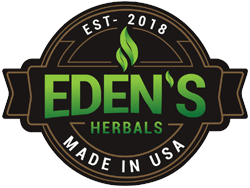 Health and fitness is a significant concern in today's fast-paced world. Many people want ways to improve their immune health without the need to take any pharmaceutical products. Sure, there are lifestyle changes that are helpful for overall well being. However, the immune system may need extra help to work at its peak and fight off illness. In such cases, natural herbs, coupled with a nutritional diet, are best suited to boost the immune system.
Health and fitness is a significant concern in today's fast-paced world. Many people want ways to improve their immune health without the need to take any pharmaceutical products. Sure, there are lifestyle changes that are helpful for overall well being. However, the immune system may need extra help to work at its peak and fight off illness. In such cases, natural herbs, coupled with a nutritional diet, are best suited to boost the immune system.
The immune system prevents and fights infections in the body. Therefore, it's essential for warding off sickness. And though you can't rely solely on herbs to remain healthy, making them part of your daily routine offers several advantages.
Let's learn why.
How Herbs Can Influence Your Immune System
Naturally, herbs and pathogens are enemies, meaning that microbes like bacteria, viruses, bugs, and worms don't flourish in the presence of some herbs. Experts in traditional Chinese medicine and Western medicine support this, and some recommend making herbs part of your diet plan. Whether fall or winter, herbal remedies can help offset the balance in favor of your immune system.
Some of these herbs contain compounds such as ajoene, allicin, and thiosulfinates. All these molecules enable the body to overcome infections. You can consume some spices like garlic and ginger raw, while others may require some processing. So if natural herbs for a robust immune system interest you, here are six ways to incorporate them today.
6 Natural Ways To Boost Your Health With Natural Herbs
1. Ginseng
Evidence from arecent study shows that the ginseng herb can strengthen the HPA axis. The HPA axis consists of the hypothalamic, pituitary, and adrenal axis, and it plays the role of regulating the body's immune response to stress. It is well-known that one of the common conditions that weaken human immunity is severe or chronic stress.
Thus, a robust HPA axis can help the body deal with the effects of stress on your immune system. The herb can also balance the immune system by modulating different immune cells such as B cells, macrophages, T cells, and killer cells.
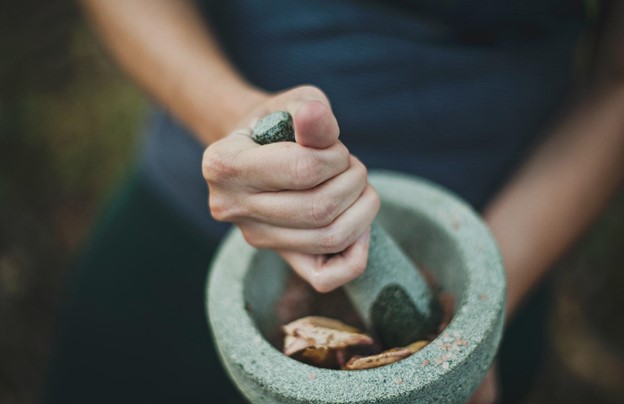 2. Kratom
2. Kratom
Kratom is among some of the most popular herbs in the U.S. The herb originates from Southeast Asia and belongs to the Rubiaceae family. Many people use this herb's leaves as an alternative remedy for conditions like diarrhea and muscle pain relief. However, it is also believed to promote a robust immune system. The simple science behind Kratom is the presence of two vital alkaloids, namely Isoptreropodine and Isorphynchopylline.
These two alkaloids were identified as immune boosters. Apart from these, mitragynine is also thought to possess diuretic and antihypertensive properties. white bali kratom is available in various forms, and you get either chew the leaves or buy kratom capsules for sale online.
3. Ashwagandha
The Ashwagandha herb is scientifically called Adaptogens; it is popularly used in the health and wellness world for several therapeutic purposes. The herb is a potent immune-booster and stimulates the body to adapt and fight stress. Suppose you want to relieve symptoms of stress and fortify your general health.
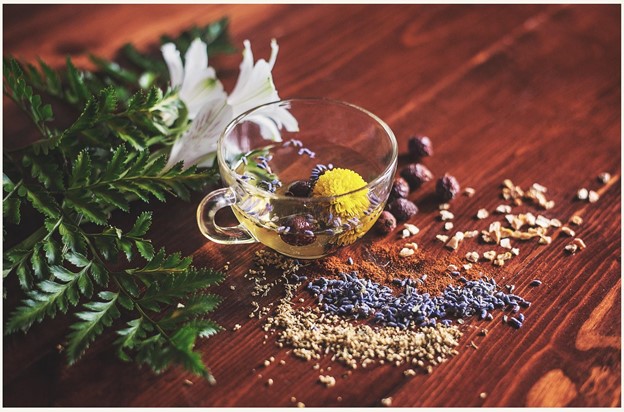 It proves highly useful when you get exposed to pathogens or feel a bit under the weather. Ashwagandha stimulates the lymphocyte, also known as the white blood cells, to boost their pathogen fighting abilities. You can add this herb to your daily routine, and it's available in powder. Hence, you can add or mix it with foods or drinks.
It proves highly useful when you get exposed to pathogens or feel a bit under the weather. Ashwagandha stimulates the lymphocyte, also known as the white blood cells, to boost their pathogen fighting abilities. You can add this herb to your daily routine, and it's available in powder. Hence, you can add or mix it with foods or drinks.
4. Echinacea
Another popular wellness herb is echinacea, also called coneflower. It stimulates the immune system to produce natural killer cells and other anti-sickness cells. A meta-analysis conducted in 2015 demonstrated that the herb might help people with weak immunity to better fend off illness, even decrease the likelihood of cold up to 35 percent.
For the best results, you can use it immediately when you sense a tickle behind your throat instead of waiting for your sickness to progress further. Ideally, you should take it as a tincture. However, teas can also do very well. The bioavailability of the echinacea is the highest as the plant extract.
5. Elderberry
Elderberry is an antibacterial, antimicrobial, and antifungal herb known in the herbalist world to effectively deal with many health issues. Some studies support the herb's ability to treat the flu. You can find it in some syrups, tinctures, gummies, and even lozenges. You can consume it at once every day to keep sickness aways and maintain optimal health.
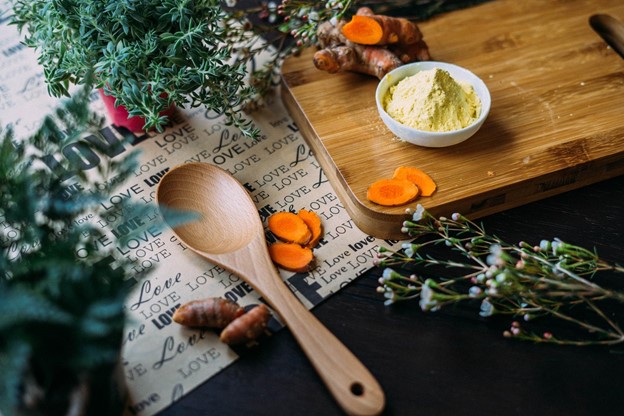 However, increasing intake can help your immune system restore health and quicken recovery if you're already sick. Experts consider elderberry safe. However, this doesn't mean you should gobble down an entire bottle; just a teaspoon or tablespoon of elderberry syrup will prove useful.
However, increasing intake can help your immune system restore health and quicken recovery if you're already sick. Experts consider elderberry safe. However, this doesn't mean you should gobble down an entire bottle; just a teaspoon or tablespoon of elderberry syrup will prove useful.
6. Garlic
It's almost impossible to mention herbal remedies without including garlic. It possesses powers far beyond those known in the kitchen. Many believe it can stimulate the immune system and promote lymphocytes' actions through although research is yet to establish this. Among other natural herbs, garlic is very easy to use.
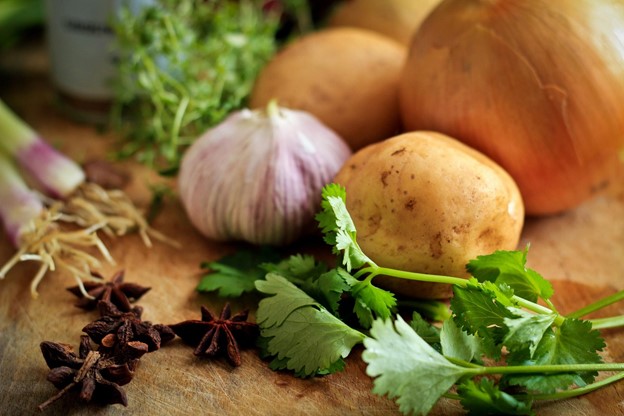 You can peel and eat it raw to keep your health at its peak. If you fall sick, increasing garlic intake is always good. However, this can be challenging, especially if you have to consume it raw. Therefore, the best option is to prepare a garlic-rich soup, roast some garlic bulbs, or infuse them into a jar of honey.
You can peel and eat it raw to keep your health at its peak. If you fall sick, increasing garlic intake is always good. However, this can be challenging, especially if you have to consume it raw. Therefore, the best option is to prepare a garlic-rich soup, roast some garlic bulbs, or infuse them into a jar of honey.
Conclusion
Before you get excited about any of the seven natural herbs, it's necessary to talk to your doctor to ensure there will be no problems or inference with your medications. Also, self-medication is something you want to avoid at all costs. Instead, seek medication attention and proper diagnosis of any sickness before resorting to herbal remedies.
Once you've clarified all doubts, you can confidently use any of these herbs to boost your immunity. Remember to buy quality products from trusted sources and prepare them in the right way. Above all else, this ensures that you get the benefits and desired results.
